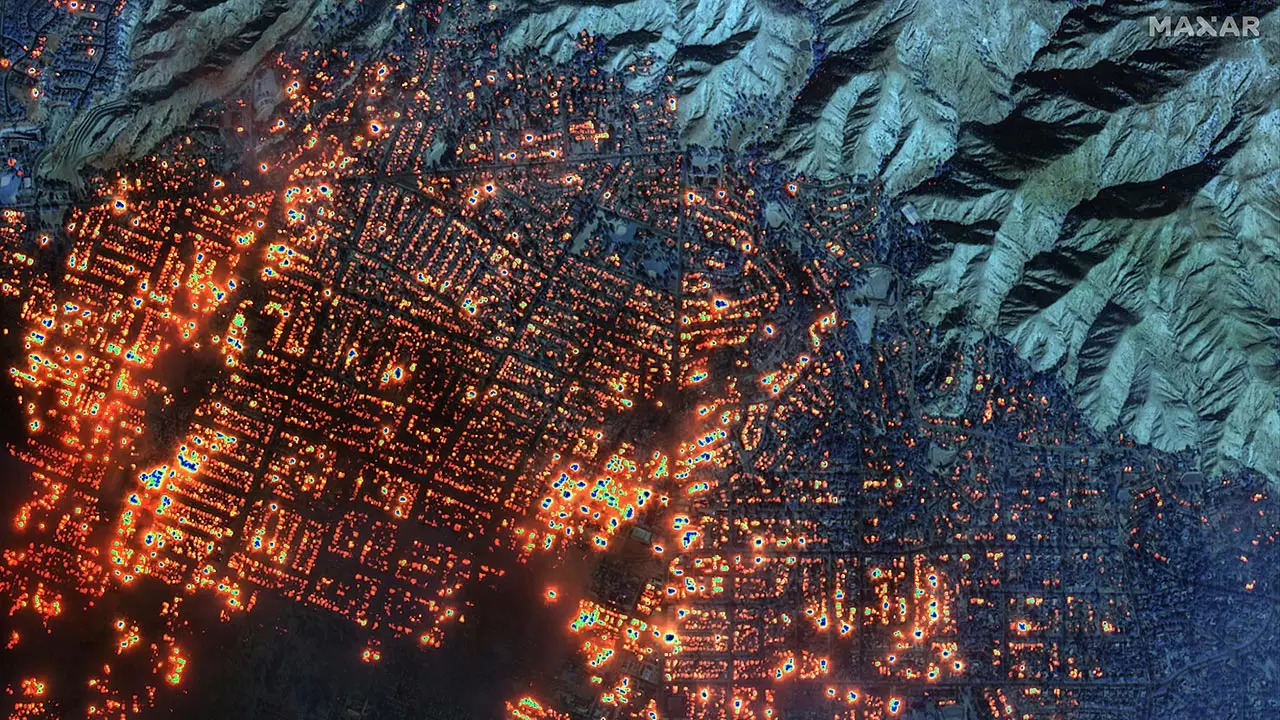
A Deputy Director of Communications at the Office of the President, Jefferson Kwamena Sackey, has called on media houses in the country to come up with reasonable conditions of service, especially salaries, to empower journalists in attaining professionalism.
He expressed worry at no or meagre remuneration, non-existing conditions of service, the lack of payment of social security in many media houses as some of the factors that militated against the quality and professionalism of media practitioners in the country.
Mr Sackey, who has extensive experience in journalism practice was sharing his view on Ghana’s recent ranking by Reporters Without Borders with the Daily Graphic.
He explained that the afore-mentioned challenges were part of the reasons for the downward spiral in Ghana’s scores as captured by Reporters Without Borders rankings.
“The downhill spiral in Ghana’s scores as captured by Reporters Without Borders cannot be wholly blamed on the government’s supposed hostility towards journalists in Ghana.
This government has deliberately put several structures in place that rather give journalists access to information, including the passage of the Right to Information by Parliament in 2019 and signed into law by President Nana Addo Dankwa Akufo-Addo in May that same year,” he added.
Mr Sackey argued that within the timeframe in which the survey was conducted, no major anti-journalists incident occurred but was of the strong view that what contributed to Ghana’s ranking was the economic aspect of the report.
Index
“Journalists are not paid well as the document stipulated. That aspect of the report is the gravamen of this whole brouhaha surrounding the outcomes of the survey,” he insisted.
Ghana dropped 30 places in the latest Press Freedom Index which monitors happenings within the media in 180 countries. Ghana scored high marks in areas such as Legislative Indicator, 81.42 per cent; Social Indicator, 79.64 per cent; and performed averagely in areas such as
Political Indicator, 66.61 per cent and Security Indicator, 62.25 per cent. The new Economic Context, which was introduced in this year’s report, dragged Ghana to the 60th position, scoring 47.22 per cent, a sharp decline from its 30th place last year.
Context
Referring to the rankings, Mr Sackey noted that with the introduction of a new context in the survey by the Reporters Without Borders, the dynamics had changed and that was what had contributed in Ghana moving down 30 places.
“If you look at the context that has been introduced this time by Reporters Without Borders, I am referring to the economic context, you and I know are practising journalists … tell me whether the media in Ghana really do pay good wages and salaries. Most individual journalists in Ghana are not economically empowered,” Mr Sackey said.“It is not happening. And so, when you have these kind of things in place, it changes the dynamics, it changes everything … The media economically are not doing well. So the big question we need to ask ourselves is, how can we as a nation resolve this particular problem?” Mr Sackey asked..
He gave an assurance that the government was taking a number of steps to improve the economic conditions of the media sector, including the rolling out of the Digital Migration system through the Ministry of Communications and the National Communications Authority to empower the media economically.
Threat to democracy
Recently, the Ghana Journalists Association (GJA) had cause to complain bitterly about the poor conditions of service and at times no remuneration at all for journalists which he said was “a threat to democracy”.
The Outgoing President of the GJA, Affail Monney, said some of the “slave wages of journalists are in arrears”, while other journalists work without any pay at all and that if journalists are not sufficiently remunerated they cannot be diligent in executing their mandate and dutiful to the public”.




















Discussion about this post